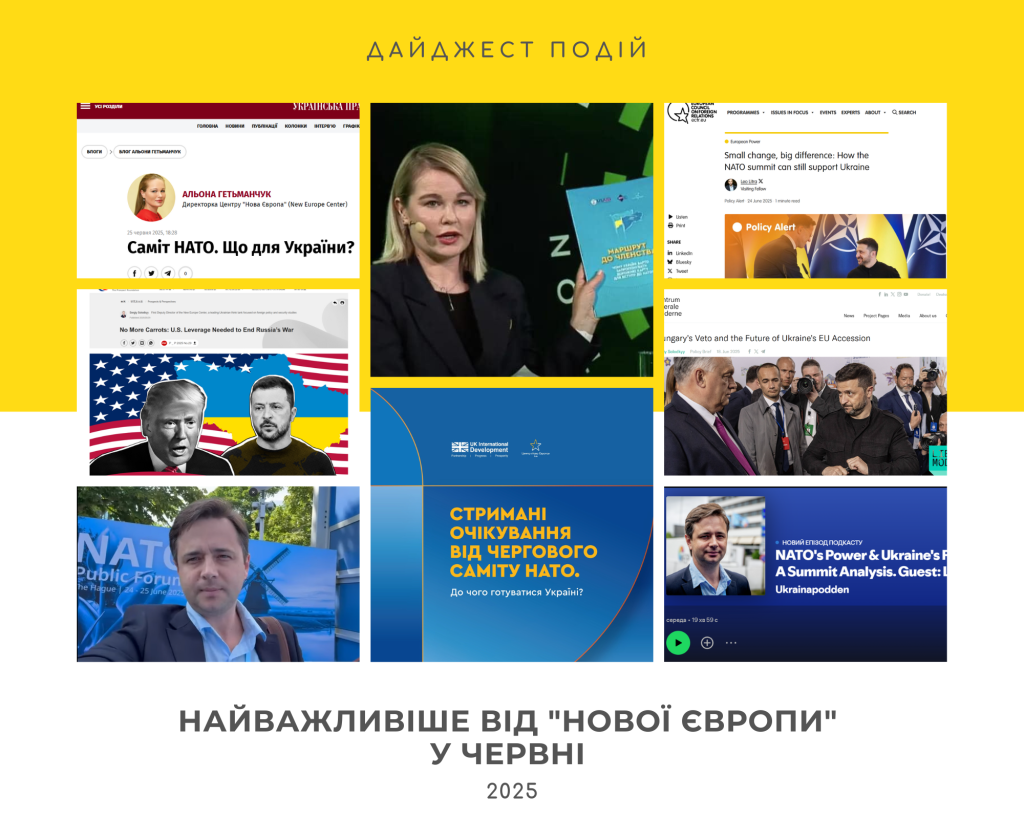Report by Leo Litra, Senior Analyst of the NEC, on assessment of Ukraine-EU relations for the quarterly magazine ТRUMAN Index. The full version of TRUMAN Index No. 5 (9) is available on the TRUMAN Agency website.
October-December 2018
Positive points: +75,5
Negative points: -3
Total: +72,5
TRUMAN INDEX: +2,2
UPDATE
The last three months of 2018 saw intense interactions between Ukraine and the European Union. Relations were dominated by political dialog at the highest level, with much attention paid to the extension of EU economic sanctions against Russia. Despite certain fears that the EU might not prolong sanctions, in the end they were unanimously extended for another six months. Russia contributed significantly through its attack on Ukrainian naval vessels in the Black Sea, which removed any doubts EU countries had about its continuing aggressive policy.
The Russian attack in the Black Sea and the ongoing blockade of the Azov Sea generated a critical mass of demands for new sanctions against Russia. The idea was discussed on several occasions in the EU, but it proved divisive. Germany, which advocated against new sanctions, pointed out that new sanctions were not supported by all EU states and that additional sanctions would damage efforts to de-escalate and release the Ukrainian crew from Russian captivity. Kyiv has been pushing for more sanctions and hoped to see practical results at the EU Summit. In the end, new sanctions were not agreed at the Summit on December 13-14, but nor were Ukraine’s efforts futile. The EU chose to strengthen its support for Ukraine instead by providing over €200 million in funding for various programs.
Further EU support came with the disbursement of the first tranche of a macro-financial assistance (MFA) facility worth €500 million. The first installment was an easy win for Ukraine, since the conditions were not burdensome and some were already in place when the memorandum between the EU and Ukraine was signed. Now Ukraine will be aiming to get the second tranche before the presidential election. However, this will happen only if Kyiv broadly delivers on its commitments and the EU continues its current policy.
You can read the full version of Leo Litra’s article here (p. 13-19).







